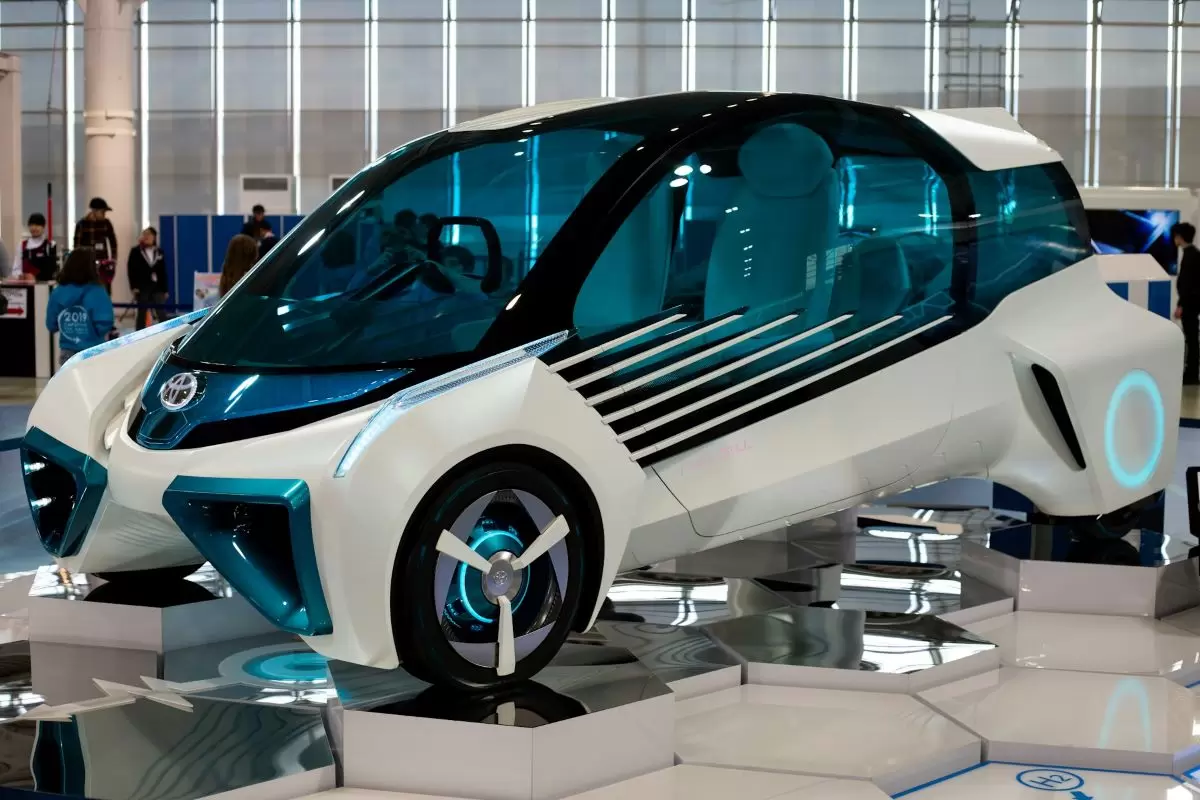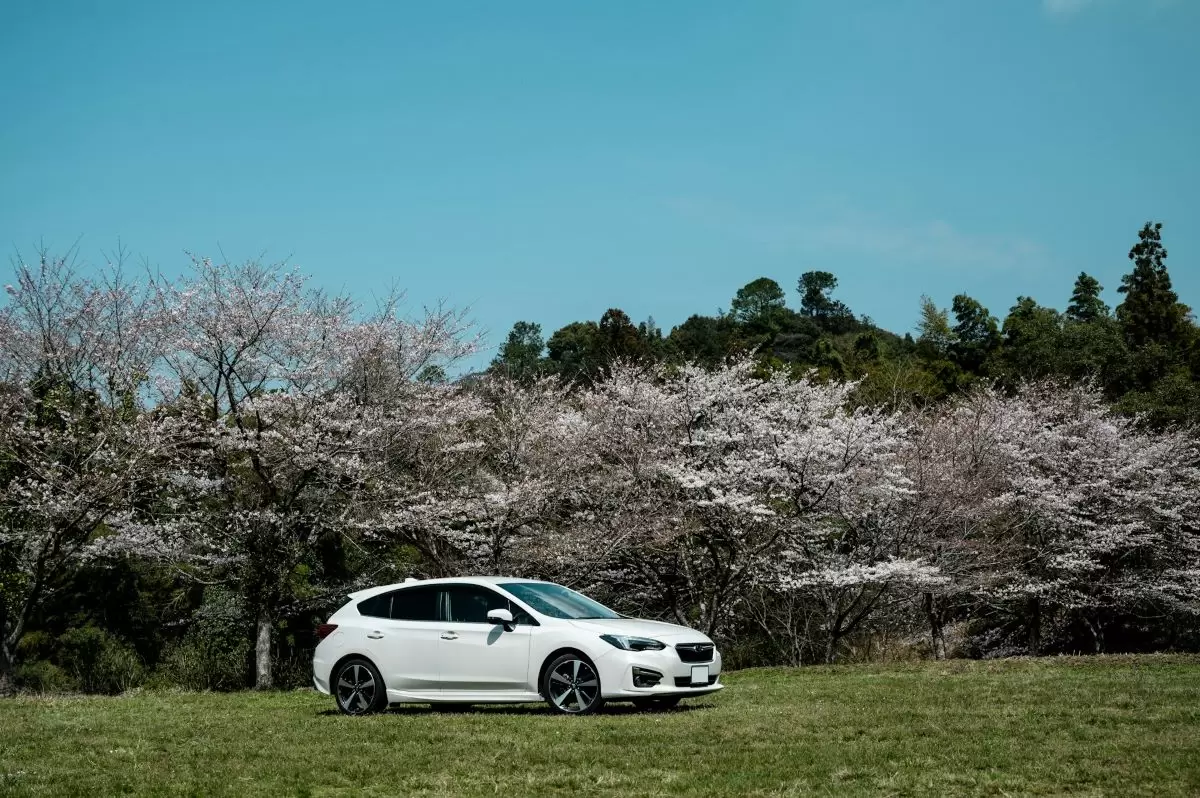Table of Contents
ToggleThe automobile industry in Japan is renowned for its technological innovation, efficiency, and global reach. As one of the most significant contributors to the country’s economy, this industry has not only revolutionised domestic transportation but has also shaped global automotive trends. From its humble beginnings to its status as a global powerhouse, the Japanese automobile industry serves as a model of resilience, adaptability, and forward-thinking.
Historical Overview
The automobile industry in Japan began in the early 20th century, but it wasn’t until the post-World War II era that it truly flourished. Companies like Toyota, Nissan, and Honda spearheaded efforts to rebuild the nation’s economy through manufacturing. By focusing on fuel efficiency, reliability, and affordability, Japanese automakers gained significant market share both domestically and internationally by the 1970s.
The oil crisis of 1973 was a pivotal moment for the industry. Japanese manufacturers, already pioneers in fuel-efficient technology, became global leaders as consumers sought economical alternatives to fuel-guzzling vehicles. This success laid the foundation for Japan’s dominance in the automobile market, a position it continues to hold today.
The Automobile Industry in Japan’s Key Players and Global Impact
Japan is home to some of the world’s largest automobile manufacturers, including:
Toyota
As the largest automaker in the world by volume, Toyota has consistently set benchmarks for quality and innovation. Its development of hybrid technology, exemplified by the Prius, has influenced global environmental standards.
Honda
Known for its versatile lineup ranging from motorcycles to luxury vehicles, Honda is a leader in engineering and design.
Nissan
With its pioneering work in electric vehicles (EVs) through models like the Nissan Leaf, the company has established itself as a key player in sustainable transportation.
Other notable players include Suzuki, Subaru, and Mazda, all of which contribute to Japan’s global automotive footprint.
Japanese automakers have also set up production facilities worldwide, from North America to Southeast Asia, creating jobs and fostering technological exchange. This global integration underscores their influence in shaping the modern automobile industry.
Technological Innovation

The Japan automotive industry has long been a global benchmark for innovation, efficiency, and forward-thinking design. Japanese automakers are not only recognized for building reliable and high-quality vehicles—they also lead the charge in developing technologies that shape the future of mobility. From pioneering hybrid systems to advancing artificial intelligence in cars, Japan continues to redefine what’s possible in automotive engineering.
Hybrid and Electric Vehicles
Japan was a global trailblazer in hybrid technology. Toyota’s launch of the Prius in 1997 marked the beginning of mass-produced hybrid cars, transforming the automotive industry and setting a new standard for fuel efficiency. The success of the Prius paved the way for other hybrid models across brands. Meanwhile, Nissan’s Leaf became one of the world’s best-selling electric vehicles, establishing Japan as a serious contender in the EV space. While competition has increased globally, Japanese manufacturers continue to invest heavily in battery technology and next-generation electric drivetrains.
Automation and Robotics
The image of ultra-precise robotic arms working seamlessly on production lines is emblematic of Japan’s approach to manufacturing. Automakers like Toyota and Honda have led the integration of robotics and automation in their factories, helping to improve consistency, reduce waste, and boost productivity. These technologies have set global benchmarks for lean manufacturing and just-in-time production systems—approaches that continue to influence carmakers around the world.
Autonomous Driving and AI
Japanese companies are making significant strides in the field of autonomous vehicles. Both Toyota and Honda are pouring resources into AI-driven mobility platforms, with a focus on safety, navigation, and driver assistance systems. Toyota’s Guardian system and Honda’s SENSING suite are examples of how AI is being used to enhance driver awareness and reduce accidents. These developments align with Japan’s broader vision of smart mobility, where technology not only transports people but also enhances their safety and quality of life.
Hydrogen Fuel Cells
While much of the world focuses on battery electric vehicles, Japan is betting big on hydrogen. Toyota’s Mirai, one of the first commercially available hydrogen fuel cell vehicles, showcases the country’s commitment to alternative zero-emission technologies. Hydrogen-powered vehicles offer fast refueling times and long driving ranges—making them an attractive solution for reducing dependence on fossil fuels, especially for commercial fleets and long-distance travel. Japan’s government and automakers are jointly investing in hydrogen infrastructure, hoping to lead a global transition to clean energy mobility.
As global demand for cleaner, smarter, and more efficient transportation grows, Japan’s automobile industry remains at the forefront. With a combination of tradition, technical expertise, and relentless innovation, Japanese automakers are shaping the next chapter of mobility—not just for Japan, but for the world.
Challenges and Future Prospects
Despite being a global powerhouse, the automobile industry in Japan is navigating a complex landscape filled with both internal and external challenges.
Aging Population
Japan’s ageing society and declining birth rate are reshaping the domestic market. With fewer young people entering the workforce and an overall shrinking population, demand for private car ownership is expected to decline in the coming decades. This demographic shift forces automakers to rethink their domestic strategies—focusing more on export markets and adapting to changing consumer needs, such as vehicles tailored for elderly drivers or car-sharing services.
Global Competition
While Japanese automakers like Toyota, Honda, and Nissan remain dominant players, they face stiff competition from global rivals. Automakers in South Korea, the United States, and especially China are rapidly catching up in terms of design, technology, and production capabilities. Chinese manufacturers, in particular, are aggressively expanding their presence in electric vehicles (EVs) and overseas markets, posing a direct challenge to Japan’s traditional edge in reliability and innovation.
Environmental Regulations
Tougher environmental policies, both domestically and internationally, are pressuring Japanese carmakers to accelerate their efforts in reducing emissions. These regulations span not only CO₂ limits but also lifecycle emissions, supply chain sustainability, and end-of-life vehicle recycling. Staying compliant while remaining profitable requires significant investment in research, clean manufacturing processes, and regulatory alignment across multiple markets.
Electrification Race
The global shift toward electric vehicles represents both a challenge and an opportunity for Japan’s auto industry. Although companies like Toyota have pioneered hybrid technology, critics argue that Japan has been slow to fully commit to battery electric vehicles (BEVs). As the EV market rapidly evolves—driven by consumer demand, infrastructure development, and government incentives—Japanese automakers must invest heavily in battery technology, charging networks, and EV-specific platforms to remain competitive.
However, Japan’s strong culture of innovation and adaptability positions it well to overcome these hurdles. With government support and strategic investments in new technologies, the industry is poised for sustained growth.
The Automobile Industry in Japan: Conclusion
The automobile industry in Japan is more than just an economic sector; it is a symbol of the country’s industrial prowess and commitment to innovation. From developing groundbreaking technologies to setting global standards in quality and sustainability, Japanese automakers have left an indelible mark on the world. As the industry navigates a rapidly changing landscape, it remains a beacon of excellence and ingenuity, continuing to drive Japan’s economic and technological future.
Eos has over 15 years of experience serving the Japanese market. Check our services here or book a free consultation now.
Photo by Hiroyoshi Urushima on Unsplash
Read more:







